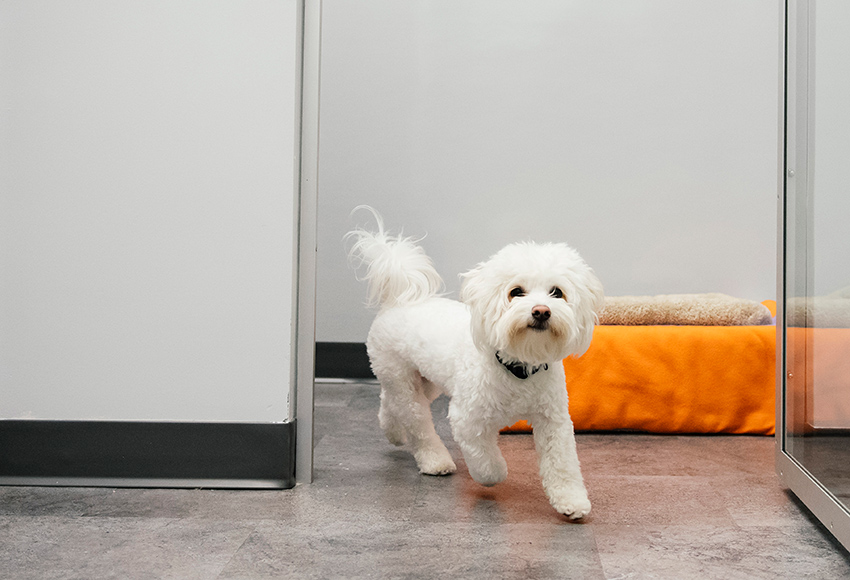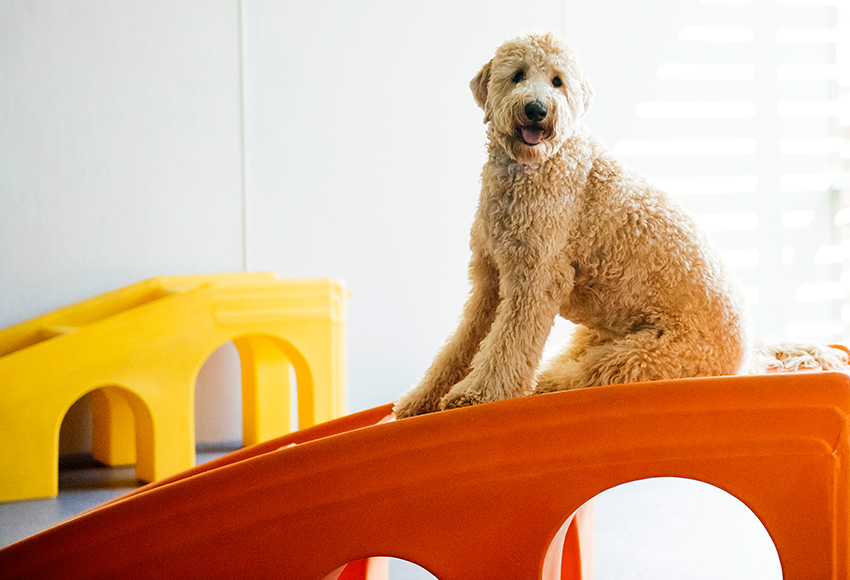Ruff and Rescue-Emergency Preparation
Emergencies and natural disasters are something that we don’t want to think about but are very real. If and when that happens, it is of highest value to be educated and prepared on what to do. All disasters require different measures in order to keep your family and pets safe. There are lots of resources out there that are very helpful that most people aren’t aware of. Depending on the situation, you may be forced to evacuate your home for a period of time or even forever, and you want to be fully prepared and stocked up during this vulnerable time for you and your pets. In many natural disasters, there is the sad reality that thousands of pets never find their way home. It is critical to first develop a plan for your family and prepare a handful of important things to make sure your pets are taken care.
You want to address and plan how you’ll find your dog if they get lost or run away, if they have enough food and supplies, and if they can go with you wherever it is you are going, whether it is a friend or family members house, hotel, shelter, etc. It is crucial to have an emergency plan in place in addition to an emergency kit that is easy to access and that everyone knows its location. Obviously, you will want to pack enough food and water- it is best to stock up on canned food as well since it keeps for a long time and has more moisture and water in it. You will want to have a backup supply of water in jugs or bottles as well as a water-filtration device or system. Also prepare in advance if your dog is on/taking medications. Store an extra few weeks’ worth, especially for chronic conditions. Potty supplies are also detrimental-pack enough poop bags and some sort of grass pad or pee pads.
Your emergency kit should have a smaller medical or first aid kit which should include gauze, hydrogen peroxide, saline rinse, antibacterial ointment or cream, a wrap, a dog sling, muzzle, venom plunger, quick stopper/blood coagulator, and anti-inflammatory of some sort. You should have proper transportation planned out- if they need a carrier, and any extra leashes or harnesses. As well as their carriers and transportation supplies, it could be beneficial to pack some comforting things for them like favorite toys, and extra blankets. Recognize that your dog may be in a fragile state so it is important to monitor them and possibly restrain them more than usual just in case they may bolt or run off into danger.
In your emergency kit you will want some forms of documentation of proof of ownership to identify you as their pet owner and proof of their up to date vaccinations and any significant vet history. You may need these documents if you have to take your dog to a boarding facility or animal shelter. Along with having your dog leashed up, they must have their collar with ID tags. You should also invest in getting your dog microchipped in order to locate them if they get lost. If faced in an emergency of any sort and you end up getting separated from your pet, there is a much higher chance of reuniting with them if they have these resources. You should acquire a Rescue Alert sticker when you bring you bring your dog home for the first time and place it on a window near your front door with the number and type of pets in your home so that rescue workers are aware of the situation at hand.
Although you will want to bring your dog with you wherever you may end up, it is important to choose designated caregivers for your dog. There are numerous things to consider-comfort level, dependability, animal experience, location, safe environment, schedule, etc. You will want to have clear communication with these trustworthy, potential caregivers prior to any circumstances to ensure that your pet is taken care of in the best way. In the event that you will not be able to take your dog with you depending on the circumstance, or have anyone available to watch them, it is imperative to arrange a safe haven for your pets in the event of evacuation. You will want a list of potential places to take your dog like vets, foster facilities, and any pet-friendly centers. In addition, you will want to research, organize and develop as you go, for example calling potential hotels you will be at and see if they are pet-friendly and locating the nearest emergency vets near you. Through handling the emergency situation, it is important to make sure your dog is a priority. Spend some extra time soothing them in any way that you can to make them more likely to stay mellow and relaxed until conditions improve.





